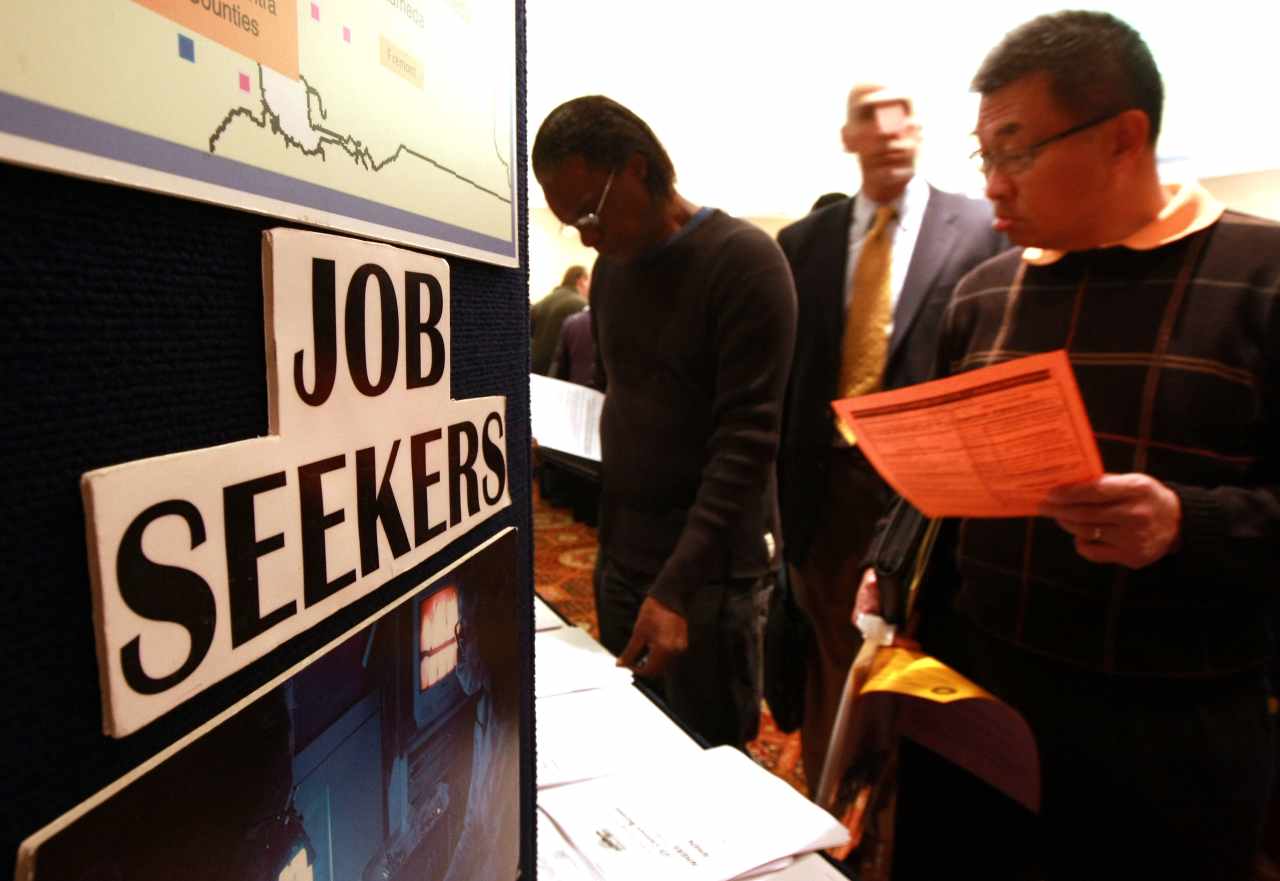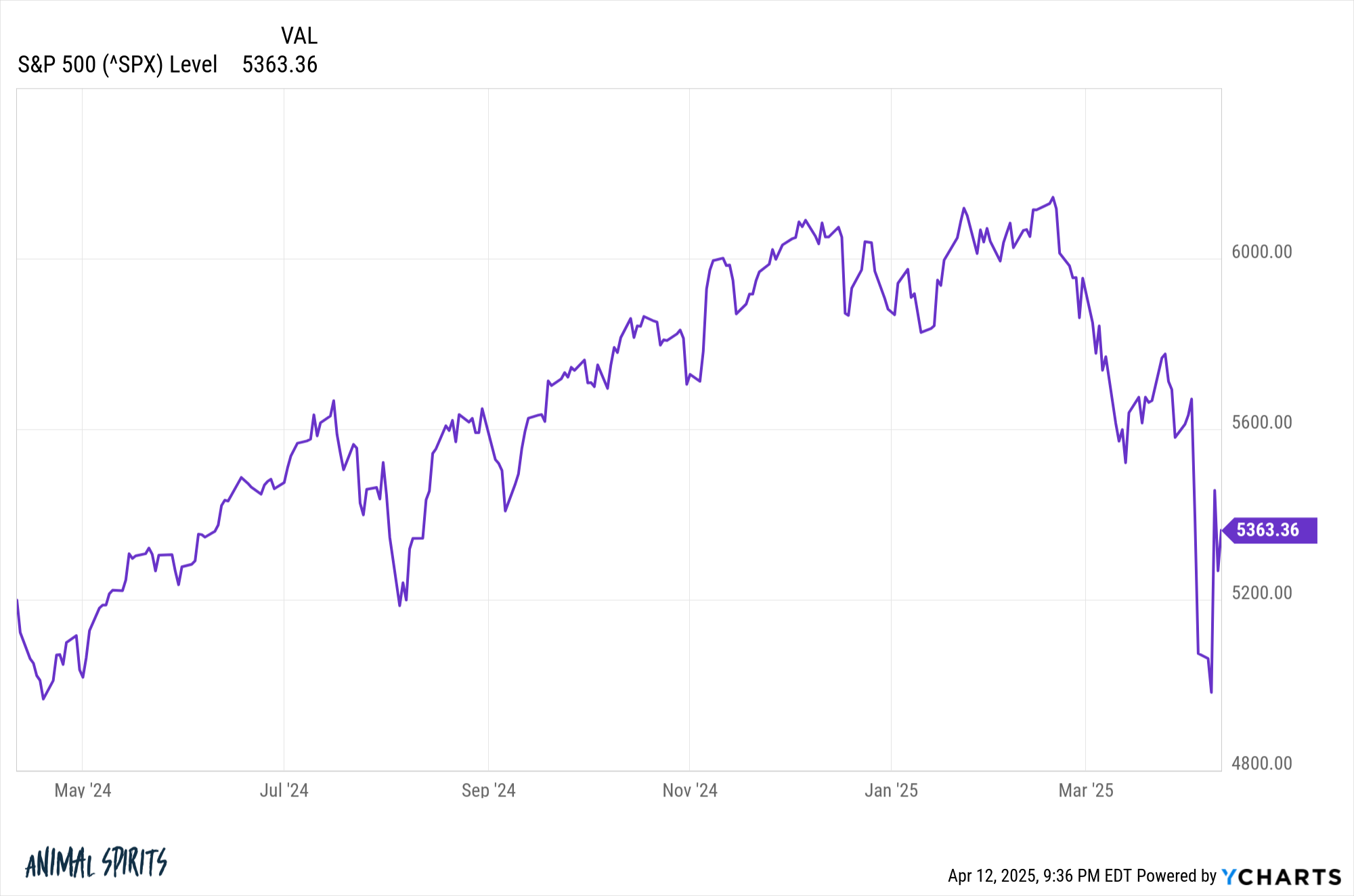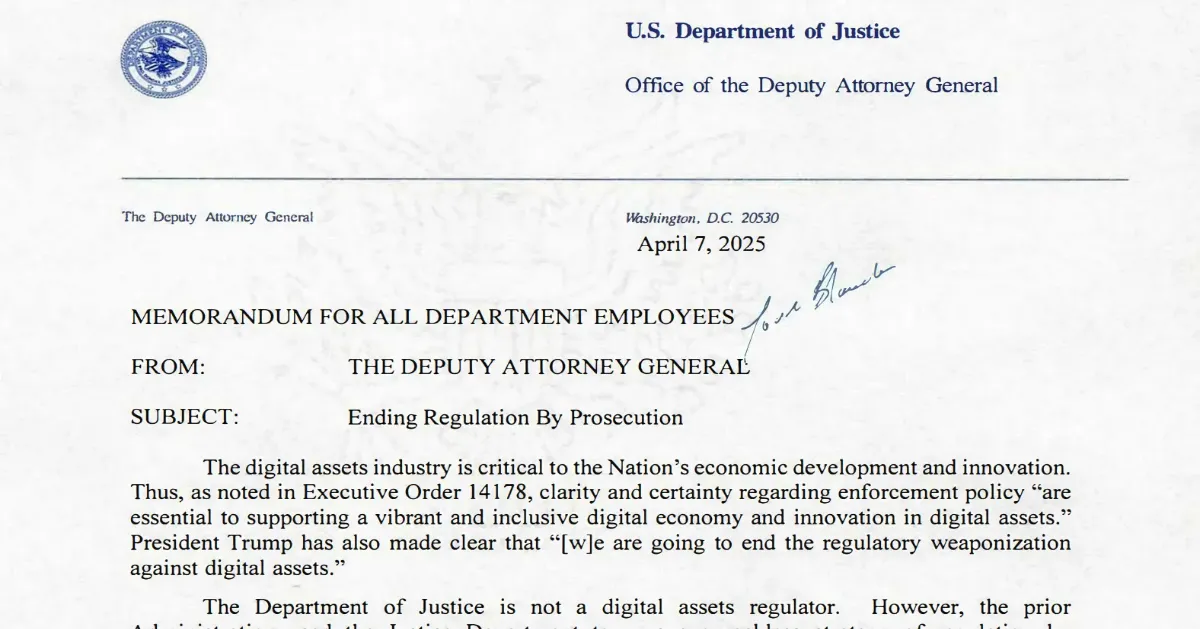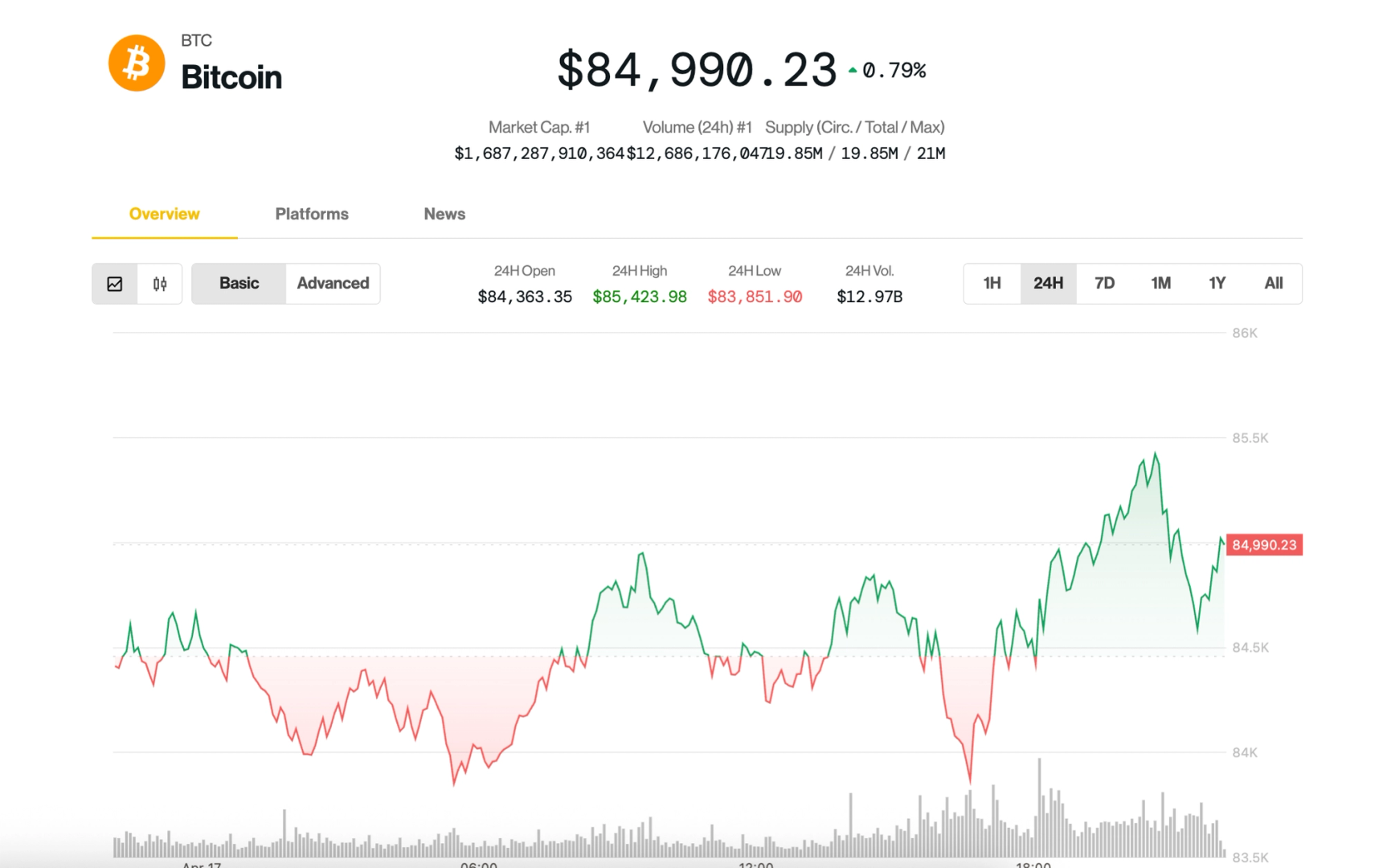Is Social Security Going Broke? The Answer May Surprise You
Whenever you have a program as talked about as Social Security, there tends to be a lot of misinformation swirling around. For example, some people assume that the only age to sign up for Social Security is 65 because that’s when Medicare eligibility begins. In reality, you can sign up for Social Security starting at […] The post Is Social Security Going Broke? The Answer May Surprise You appeared first on 24/7 Wall St..

Key Points
-
There are rumors that Social Security won’t be able to pay benefits much longer.
-
The program isn’t going bankrupt, but it’s struggling to cover its expenses.
-
Benefits cuts are something everyone needs to brace for.
-
Are you ahead, or behind on retirement? SmartAsset’s free tool can match you with a financial advisor in minutes to help you answer that today. Each advisor has been carefully vetted, and must act in your best interests. Don’t waste another minute; get started by clicking here here.(Sponsor)
Whenever you have a program as talked about as Social Security, there tends to be a lot of misinformation swirling around.
For example, some people assume that the only age to sign up for Social Security is 65 because that’s when Medicare eligibility begins. In reality, you can sign up for Social Security starting at 62 all the way through age 70. And technically, you can file for benefits beyond age 70 — there’s just no upside to waiting that long.
Another big rumor about Social Security is that the program is on the verge of going broke, and that soon enough, it won’t be able to pay any benefits to retirees.
But that’s not what’s really happening with Social Security. And while the actual situation isn’t great, it’s also not as dire as Social Security running out of money completely.
How we got here
You may be wondering how a program like Social Security could reach the point where its finances are so shaky. The issue is that Social Security gets funded by payroll taxes, but those only generate so much revenue for the program.
Meanwhile, in the coming years, a large number of older workers are expected to retire and claim benefits at the same time. That’s expected to put a strain on Social Security, since its financial obligations will exceed its projected revenue. And a big reason is that the number of replacement workers entering the labor force is expected to fall short of the number of retirees.
How the rumors got started
Because Social Security is expected to see its share of financial strain in the coming years, it’s easy to draw the conclusion that the program is going broke. But actually, what’s happening is that Social Security will need to rely on its trust funds to keep up with benefits for a period of time.
Once Social Security’s trust funds run dry, the program may have to cut benefits. And those cuts could be substantial, amounting to 20% or so based on recent estimates. Those cuts may also only be about a decade away unless lawmakers manage to find a way to prevent them.
But it’s important to understand that as of now, the worst-case scenario for Social Security isn’t having benefits disappear completely. Rather, it’s a broad reduction in benefits. And while that isn’t great, it’s not nearly the same thing as Social Security going broke.
So if you’re still working, don’t assume that Social Security won’t be there for you at all in retirement. At the same time, though, anticipate reduced benefits and save enough money so that isn’t a problem.
If you boost your nest egg by saving and investing consistently throughout your career, a reduction in the benefits Social Security pays you may not upend your retirement in the slightest.
And if you’re nearing retirement and it’s too late to save, come up with another retirement income stream. It could be a room in your home you rent out for money or a part-time job you hold down. The key is to come up with a way to compensate for benefit cuts so a reduction in Social Security doesn’t ruin your senior years.
The post Is Social Security Going Broke? The Answer May Surprise You appeared first on 24/7 Wall St..


























































































































































